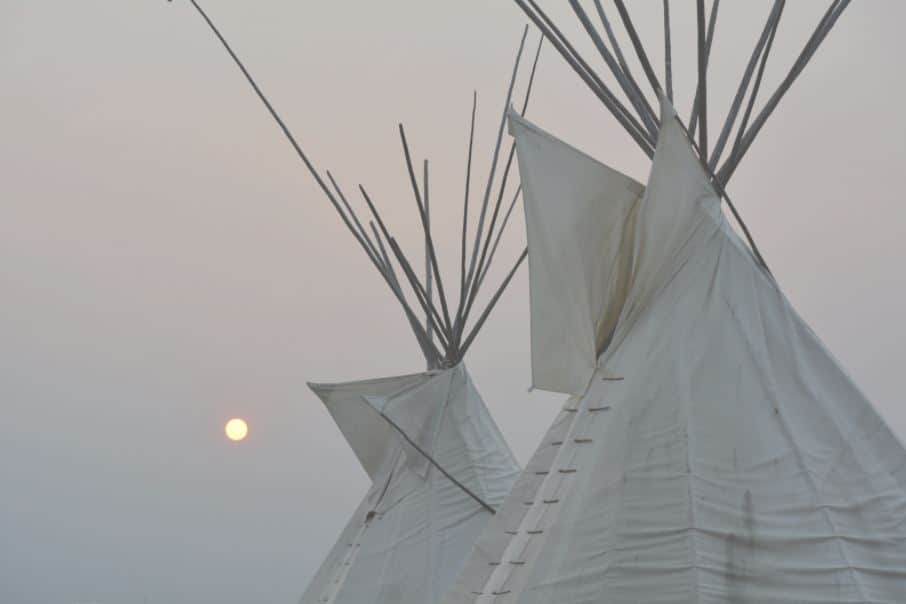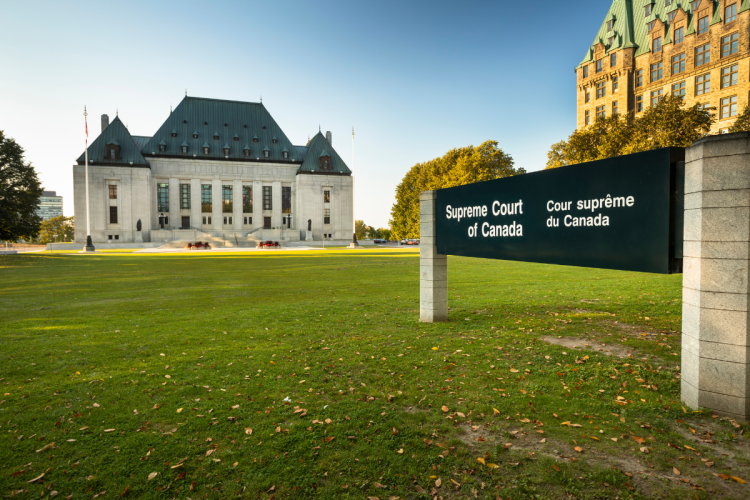Supreme Court of Canada to Revisit Advanced Costs for First Nations

In January 2021, the Supreme Court of Canada granted leave to Beaver Lake Cree Nation to appeal the Alberta Court of Appeal’s decision to reverse a partial advanced costs award. This appeal is expected to clarify the test for advanced costs for First Nations litigation against the Crown.
The Supreme Court last extensively considered this issue almost two decades ago, in British Columbia (Minister of Forests) v. Okanagan Indian Band, 2003 SCC 71. There, the Court set out a three-part test that a First Nation must meet before it qualifies for advanced costs:
- the First Nation must “genuinely” be unable to pay for the litigation;
- the claim must have prima faciemerit; and,
- the case must raise issues that are of public importance and novel (the “Okanagan test”).
However, even after a First Nation has established these elements, the decision to award advanced costs remains “in the discretion of the court”.
Beaver Lake Cree Nation’s Application for Advanced Costs
Beaver Lake Cree Nation sought advanced costs after being embroiled in litigation with the Alberta and Federal Governments for over a decade. Beaver Lake filed a Treaty infringement claim against the governments in 2008. The claim sought various declarations of rights, injunctions and damages for the cumulative effects of resource developments that had been permitted on their traditional territory protected by Treaty 6. After various roadblocks and hurdles, the trial is set for January 2024.
In 2018, Beaver Lake Cree Nation said that it could no longer afford to pursue litigation. By that point, Beaver Lake had already spent over $3 million in legal fees. In order to proceed with the claim, Beaver Lake filed an application for advanced costs in the amount of $5 million.
Beaver Lake easily met the second and third part of the Okanagan test. The only real question was whether it was “genuinely” unable to pay for the litigation. Beaver Lake argued that it was, as it could not fund both its legitimate and pressing community infrastructure and social needs and continue to pursue its legal claim. The case management judge agreed, and awarded partial advanced costs to Beaver Lake. The Governments of Alberta and Canada were ordered to each pay $300,000 per year towards Beaver Lake’s legal fees until either the conclusion of the trial or the resolution of the litigation.
The Alberta Court of Appeal’s Decision
The Alberta Court of Appeal reversed this decision on the ground that the lower court erred in its application of the first part of the Okanagan test. The Court of Appeal said that to satisfy the first part of the Okanagan test, the advanced cost order must be a last resort. In other words, without the award, it must be impossible for the First Nation to proceed with the litigation.
The Court of Appeal held that a First Nation cannot succeed in an application for advanced costs if they have made the policy decision to spend their resources on other legitimate and pressing community needs beyond the basic necessities of life.
In the Court of Appeal’s view, Beaver Lake had the resources available to pursue litigation but made the choice to direct those funds towards other priorities, such as the infrastructural and social needs in the community. Having made that choice, the Court of Appeal found that Beaver Lake was unable to succeed in their argument that it genuinely needed the advanced costs. The Court of Appeal concluded that the “exceptional” circumstances warranting an award of advanced costs did not arise, and reversed the ruling of the lower court.
Key Takeaway
The Alberta Court of Appeal’s decision creates an extremely high bar for First Nations to meet to qualify for advanced costs. For many, advanced costs may be an essential stopgap measure to allow them to pursue their legitimate claims against the government and to enforce their inherent Aboriginal and Treaty rights. Beaver Lake’s appeal to the Supreme Court of Canada could go a long way in expanding the eligibility for advanced costs, which would help ensure that First Nations who need the assistance can get access it.
Note: This article is of a general nature only. Laws and government programs may change over time and should be interpreted only in the context of particular circumstances such that these materials are not intended to be relied upon or taken as legal advice or opinion. Readers should consult a legal professional for specific advice in any particular situation.




